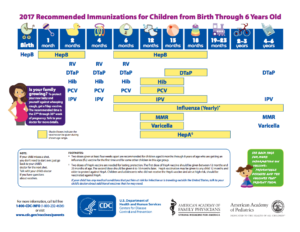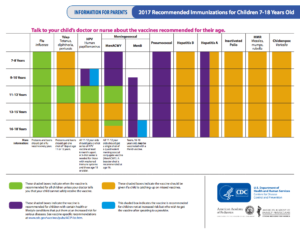One of the most important choices for expecting parents is finding a pediatrician they trust to care for their child. Dr. Elena Altshuler at Doctors in Princeton, in Princeton, New Jersey, is honored to become your child’s pediatrician. She welcomes expecting parents to schedule a time to meet with her, so they can talk about her approaches to child care, the type of services she offers, and how she will be a partner with the family from the moment your baby is born.
Pediatrics Q & A
Does Dr. Altshuler provide newborn care?
Expecting parents can count on Dr. Altshuler to provide excellent newborn care for their baby. The doctor will be available at the hospital to give the baby a first exam, to do follow-up exams while the baby is still in the hospital, and to check in with mom and dad to answer questions about baby care and breastfeeding.
Babies are considered newborn up to about 2 months of age, so Dr. Altshuler will schedule the following routine newborn check-ups:
- Within 1 week: Check for jaundice, weight, feeding, metabolic screening, and vaccines, if needed
- At 2 weeks: Weight check, physical exam, vaccines, if needed
- At 1 month: Weight check, physical exam, vaccines, if needed
- Months 2, 4, and 6: Physical exam, assess growth and development, vaccines, if needed
Why are well child visits important?
During their early years, children grow and develop at a rapid pace. One of the most important jobs of a pediatrician is screening for developmental milestones. These indicate whether your child is progressing at an expected pace, or if there are signs of a developmental problem that will benefit from early intervention.
Relying on an expert like Dr. Altshuler to evaluate development is important, because there are multiple milestones that must be assessed at every age. For example, by 2 months, babies typically do the following:
- Social and emotional: Tries to look at parent, begins to smile, can briefly calm herself by sucking on hand
- Language/communication: Turns head toward sounds, makes cooing or gurgling sounds
- Cognitive (learning, thinking): Begins to follow things with eyes, pays attention to faces, recognizes people at a distance, gets fussy if activity doesn’t change
- Movement/physical development: Can hold head up, begins to push up when lying on tummy
Developmental milestones get more complex as children age, so it’s essential to make and keep regular well child visits. Checkups are usually scheduled at months 9, 12, 15, 18, 24 and 30, then beginning at the age of 3 years, well child visits are scheduled every year.
What specialized pediatric services are available at Doctors in Princeton?
Dr. Altshuler at Doctors in Princeton offers the comprehensive services you would expect for children and adolescents, whether they need lab tests and treatment for an illness, immunizations, or a routine preventive checkup. The doctor also offers:
- School readiness assessment
- School physicals
- Nutrition counseling and weight management
- Sports physicals
- Allergy testing
- Child development screening for behavioral, learning, and emotional disorders


